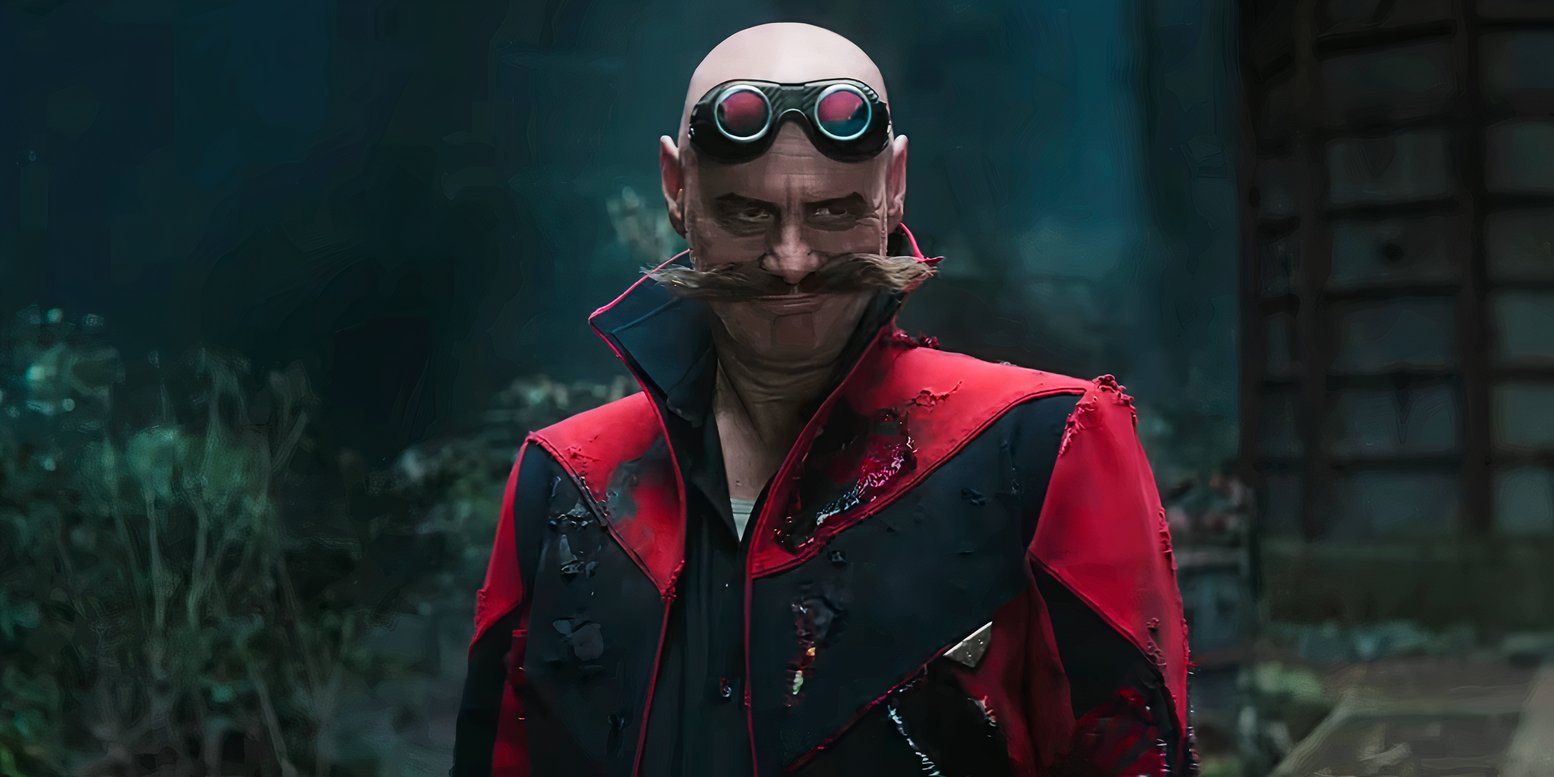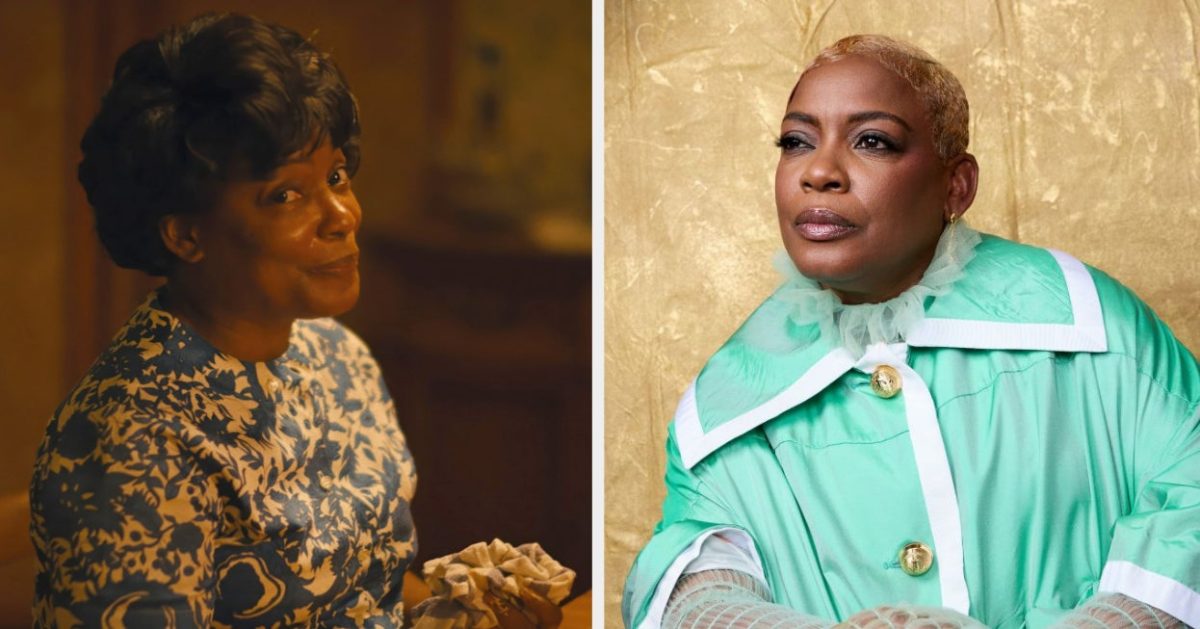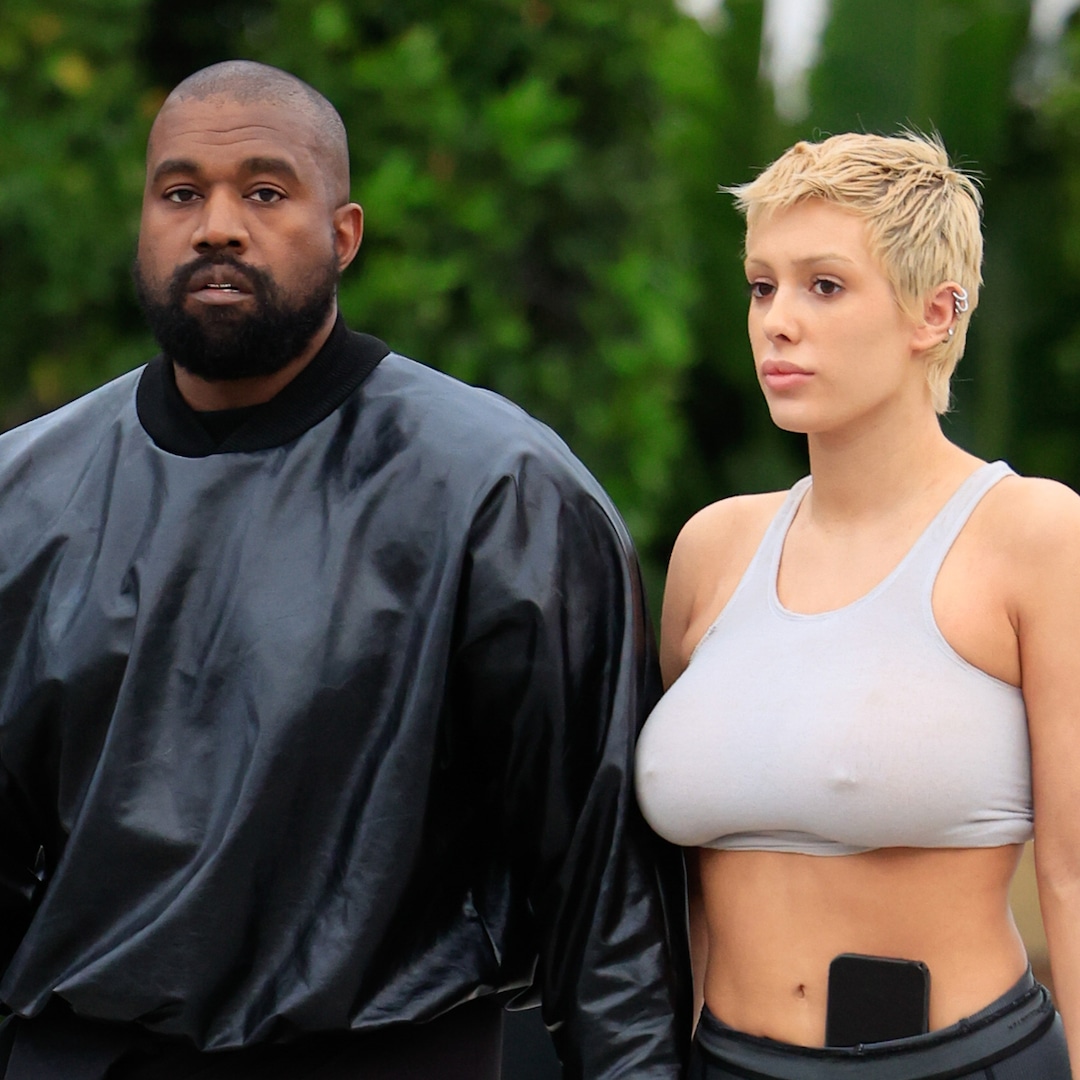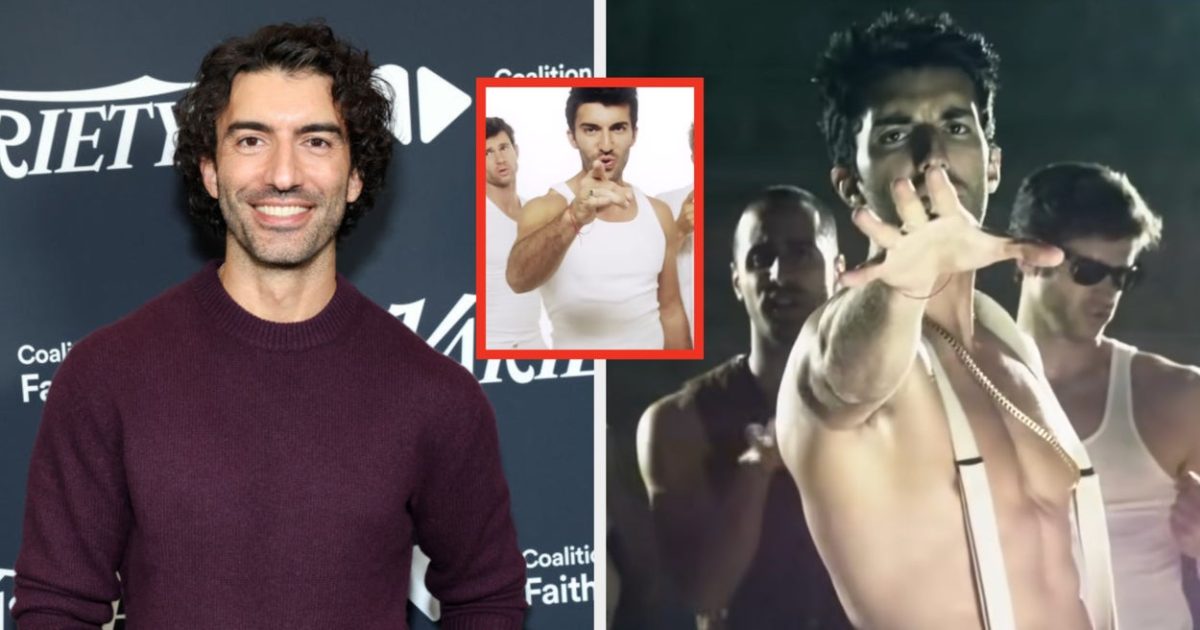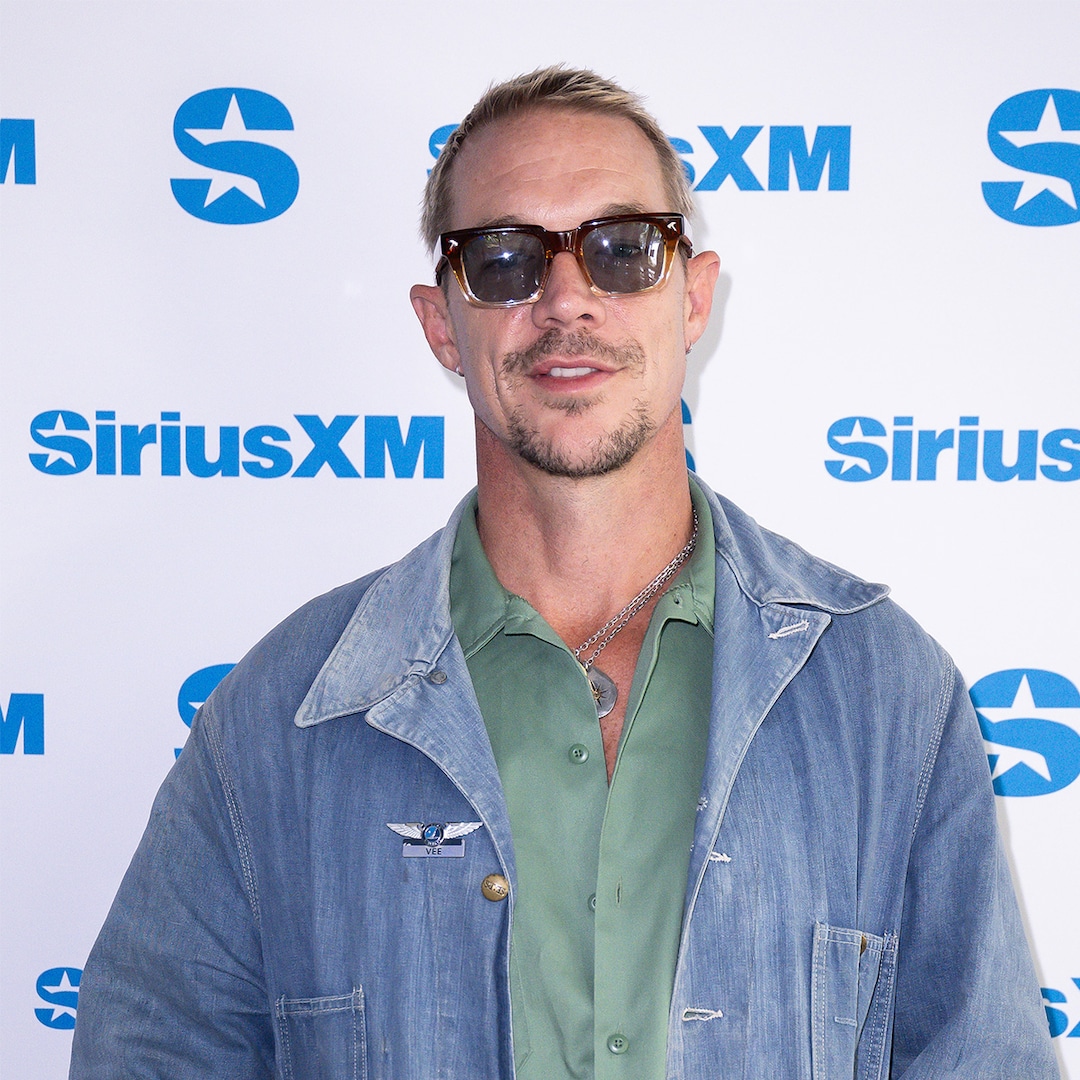
“When I Started Putting the Talking Head [Interviews] In, It Didn’t Feel as Beautiful”: Director Antony Crook on His SXSW-Premiering Mogwai Doc, If the Stars Had a Sound
Mar 16, 2024
If the Stars Had a Sound
On X recently, a poster asked for song titles named after movie directors. One of the few that came to mind was from the Glasgow-based band, Mogwai — “Stanley Kubrick,” from their 1999 EP. It’s a vintage Mogwai track, bass and drums in mid tempo as a reflective melody rises and falls over seesawing organ chords. The song’s connection to the great director is left up to the listener, the way of virtually all of Mogwai’s imaginatively titled, mostly instrumental songs, which over a 25-year-career have captured fans with their mixture of gentle beauty and then, in bursts, beautiful noise. Few bands have sustained such a consistent emotional chord across such a long career, an ability to to activate memory or just accompany a rainy night at home, qualities that have led to the band being prolific soundtrack composers (Zidane, ZeroZeroZero, Les Revenants) too.
There’s a fair amount of band biography in Antony Crook’s debut feature, his SXSW-premiering documentary about the band, If the Stars Had a Sound. But in conveying it he has rewardingly eschewed many of the more conventional trappings of the rock documentary. There are no critics extolling the band’s innovations, no formal band member talking head interviews, and no Behind the Music structure, with triumphs squared off against dramatic setbacks. More interestingly, unlike docs ranging from Get Back to Some Kind of Monster to I Am Trying to Break Your Heart, there’s little focus here on band interpersonal dynamics. Mogwai’s musicians — Stuart Braithwaite, Barry Burns, Dominic Aitchison and Martin Bulloch — are, of course, all present, but Mogwai is “Mogwai,” as much a concept, set of feelings and locus of connection for its fans as a quartet of musicians. What is found in Crook’s documentary are many conversations with those who love them, ranging from fans to collaborators, such as the artist Douglas Gordon and the writer Ian Rankin. There’s producer David Fridmann who, following work with Mercury Rev and the Flaming Lips, began a relationship with the band that has stretched, in fits and starts, from their second album, Come On Die Young through their most recent, 2021’s As the Love Continues. It’s the making of that album that is nominally the throughline of Crook’s film, a journey that leads to an improbable competition to chart #1 on the U.K. charts against hard-campaigning rapper Ghetts. Along the way there are many individual episodes lovingly chronicled, from the Come On Die Young promo street art campaign to, most fascinatingly, hip hop producer Arthur Baker’s involvement in Mogwai’s recording, “My Father, My King,” based on the Jewish hymn “Avinu Malkeinu,” that the band has described as “two parts serenity and one part death metal.” (The version of the song actually released was produced by Steve Albini.) Most of all, If the Stars Had a Sound leaves the viewer with a warm feeling that’s a product of the rolling Scottish landscapes; the band’s essential modesty; the changing archival textures, from fan-held DV camcorders to slickly produced TV concerts; and the quietly held emotion suffusing it all. The love continues, indeed. I spoke to Crook before the film’s premiere in Austin, where the band are also playing this week.
Filmmaker: Let’s just start with the basics: how did you first connect with the band?
Crook: I started working for Mogwai as a photographer about 15 years ago. I was up in the middle of the night, retouching photos of moody atmospheric landscapes of somewhere I’d just been, maybe India, and I was listening to Mogwai over and over. I was living by myself in a house in Manchester at the time, and I went on Mogwai’s website, and there was an email address. I just threw these images into an email and said, “I’m listening to this track of yours on a loop” and emailed the photos. I then went to bed and woke up in the afternoon and there was an email straight back: “We love your shots and let’s talk, we’ve got an album coming out soon.” I was going to Glasgow to get some film processed, and I met Stuart Braithwaite a week later on that trip. He was working on a record called Hardcore Will Never Die, but You Will, and he said, “We’d like you to shoot the album cover.” And we started from there. I was moving to New York at the time, and the cover I shot was a shot of New York City.
Then, funnily, my exit from photography into film came on that project also. Around that time I was in the north of Norway doing a photo shoot, an ad campaign for this outdoor American fashion brand, Woolrich. We were a small crew of people staying in this little cabin on the side of a field in the middle of nowhere, and Stuart sent me a link to download the demos for the new album to get inspired for the album cover. I heard this one track, and I looked at the window and there was this amazing Norwegian landscape. We were in the Arctic Circle, so we had 24-hour daylight. At night we had this amazing, daylight-like golden hour, and I thought to myself, just a bit cheeky, really, that I’d just go make a little film with one of these demos. So I made a little film in the middle of the night with this friend of mine who had just broken the world record for cycling around the world. I’d brought him to be a model in the shoot — he was this striking looking dude with a big beard, and he had his bike with him. I put him in some cool clothes and filmed him cycling around this amazing Norwegian landscape. I had never made a film before. I had a 5D Canon, which just came out, and I literally just flicked it to video and filmed my friend cycling in this amazing golden light and going through a tunnel, spontaneously and without telling the band. I got a friend to edit it into a little three-minute thingI sent it to the band, and they loved it and said, “Let’s just release it now even though the album’s not out for a month-and-a-half.” It went on this website, Nowness, and went viral. It’s a charming little thing, like a student film, that I still watch and love.
A couple of days after it came out I got an email from RSA Films, Ridley Scott’s company. Jake Scott, Ridley’s eldest, is also a commercial director, and he’s a big bike guy. He saw the film and sent it to the company and I got an email from the head of the company saying, “Are you interested in becoming a director?” I was in London at the time, so I met them the next day and signed to them off that tiny little film. So my whole journey into filmmaking started with just going off in the middle of the night making a little video.
Filmmaker: And then you developed a continuing relationship with the band.
Crook: Yes, I’ve done lots of album covers, exhibitions, tour visuals and maybe seven music videos. We just developed this creative bond, really.
Filmmaker: And when did the idea for this particular film come about?
Crook: The band was playing in Brooklyn about four years ago and I met Stuart in a pub. He said they were going to work on this new album, their tenth, and they were going to tour it in the Highlands of Scotland, doing shows on these different islands. So, Ray, their manager, Stuart and I decided to make this film about them traveling around Scotland, like a tour film.. Screen Scotland were in really quickly so we got a little bit of development money. And then COVID arrived and everything shut down. I had nothing else to do so I was just determined to make [the film], and it grew into this bigger project [telling] the whole story of the band.
Filmmaker: When you think of Mogwai, you think of the band as a unit as opposed to all the individuals in it. Is that why you made the conscious decision not to use band member talking heads? There are bits of the band members talking, but it’s more collaborators of the band’s and their fans. And you’ve really foregrounded their Scottish identity and the pride their local fans have in them. Did you narrow down to this approach after thinking of all the different types of rock documentaries possible, or was this the concept from the beginning?
Crook: I did film talking heads with the band, actually. I guess I felt like that’s what you needed to do. When I started putting them in it just didn’t feel as beautiful, somehow. But going back, I purposely didn’t watch any other music film for three years. Maybe it’s my insecurity, but seeing other people’s work [when I’m working] just isn’t great for me. I didn’t want this to be like anything else, and I didn’t want to be influenced. Maybe that’s why it’s a bit left field. We got so little money, the band had creative control, and we weren’t getting notes from networks so we could just make what we wanted. But going back to your question about talking heads, I guess I’m always led by the emotion of something. The emotion comes first, and it just felt more beautiful and emotional to not really reveal these guys and just have fans talking about what you said, about loving them. Taking out the talking heads, the space it gave made me feel like Mogwai’s music does, I guess. Orian Williams, one of my EPs, has been a bit of a mentor on this project, and he said when he watched the first cut, “What I like about it is at the end you don’t really know who the band are — you don’t know who Barry or Martin is —but you feel connected to these people and their journey.” That was the first time I heard that idea, but maybe that’s what I wanted.
Filmmaker: The movie does have a kind of emotional throughline, a kind of sustained chord of emotion, if that makes sense. And it’s structured very differently than the more commercial rock docs which borrow from the Behind the Music-type films with their rise and fall storylines. This film just steadily builds, but you don’t go into much detail about how, say, one record does as opposed to another, until the very end, when there is the unexpected drama around charting number one.
Crook: I guess I wanted to show the story, not tell it. Doing it that way feels more gentle and soft and beautiful, which are things that I feel when listening to their music. And I think it describes them as characters as well. I think the reason they are still so relevant after 25 years is they don’t have egos — they are just really nice, down to earth people. They’re not big starry, showy people looking for all the trappings of success. They’ve never gone after that because Glaswegians aren’t like that. If they went to London it might have been different, but they stayed in their hometown, and I think that’s why I decided it felt like the right way to tell the story.
Something else that’s important is that throughout the process celebrities came into the picture — big people in music who are fans of Mogwai, and we could have wheeled them in. Dave Grohl is a big fan, Trent Reznor, Bobby Gillespie from Primal Scream. But then I’d speak to Stuart, and he’d be like, “What have they got to do with us?” It just felt not right. Those fans at the bus stop on the way to the gig felt more important — more “beans on toast” and real life.
Filmmaker: You’ve got some footage in the film recorded at a club before Young Team, even, so what challenges were involved with finding and then incorporating technically all this footage?
Crook: We had people crawling around their attics in Glasgow. This is probably normal, but it wasn’t normal for me because I had never done it before. Trying to find the archival was such a mission. We’d hear rumors that somebody’s sister’s son Abe had a video of their first gig, so it’d be like texting all these different people who knew someone and on and on and eventually finding someone who thinks it’s on a DV tape somewhere. So then I’d be sent pictures of DV tapes with mold all over them and having them sent to Glasgow to be digitized. We tried to find tapes that had never-seen-before footage of the 13th Note, which was a club that Alex Kapranos from Franz Ferdinand ran. He gave a lot of bands their first gigs, and we spent two months trying to find footage of Stuart and the band at the 13th note. I ended up getting 80 hours of it but we only use a little bit in the film.
Filmmaker: There’s quite a bit of non-sync footage at the beginning of the film, which I liked a lot. It reminded me a bit of this New York no wave film, Blank Generation, by Amos Poe, which had all these bands at CBGB but non-sync.
Crook: We had hundreds and hundreds of hours of footage I got from the record label, their fans and friends and family, and it wasn’t catalogued or ordered in any way. I just sat and watched it, and I really enjoyed how it’d be like walking in a corridor in Spain and then suddenly cut to a gig and suddenly cut back to a car because they were just stopping and starting the videotape. I got inspired by this weird intercutting of moments from different times so I kept that grammar, just in and out of different moments when it felt right.
Filmmaker: How did “My Father My King” become such a significant part of the movie?
Crook: Like [the podcast] Song Exploder, I wanted to pay homage to one big track, one epic 20-minute number. There are a few, like “Like Herod” —
Filmmaker: — “Mogwai Fear Satan.”
Crook: We use a little bit of that in the beginning, the first chapter. But I just love the story of “My Father My King,” of Arthur Baker, this hip-hop DJ from Boston turning up in Glasgow with these 21-year-olds in Celtic shirts and coming out with [that track]. It’s a beautiful story so we expanded it into this whole chapter. All that footage from Arthur has never been seen before. He found this old VHS camera with an old VHS tape in it, and the footage that we see in the film was stuck in the camera. He had to take the camera to place that dismantled it to get the tape out.
Filmmaker: You’ve mentioned a couple of time the film’s chapters. Was that a way you structured the doc?
Crook: The chapter idea, yeah, it came around again with me being slightly intimidated by taking on this feature project and not having edited something that long before. I’d edited shorter things, and I know I can tell a story over 15 minutes. So I just set out to make these little short 15-minute chapters, little short stories, with beginnings, middles and ends, and then building them together.
Filmmaker: With the band having creative approval, were there any issues in the edit?
Crook: No, the band approved it immediately, there were no notes from them. It was a bit of a dream, really. I think I was quite lucky.
Publisher: Source link
Aunjanue Ellis-Taylor Talks Black Trauma, Nickel Boys
That's beautiful and so refreshing to hear. I’ve seen discourse online with sentiments of “Black films always have to have some type of trauma. Why can’t our characters just be happy?” What are your thoughts on that line of thinking?…
Jan 3, 2025
Kanye West Shares Rare Photo With Wife Bianca Censori
Kanye West and Bianca Censori are looking stronger than ever. The "Heartless" singer shared several rare photos of the pair to his Instagram Story Jan. 2, giving fans a glimpse into their private life. In the photos, Kanye, 47, can be seen snapping pics in…
Jan 3, 2025
"You Can Tell Everything About A Man By The Way He Proposes": If You Never Saw Justin Baldoni's 27-Minute Proposal Video, Here's Why It Is Now Being Called The "Red" Flag Everyone Missed
The video is recirculating with millions of views and new opinions.View Entire Post › Disclaimer: This story is auto-aggregated by a computer program and has not been created or edited by filmibee.Publisher: Source link
Jan 2, 2025
Diplo Admits He’s “Tripping” on LSD During CNN New Year’s Eve Show
Diplo ended 2024 on a high—literally. Indeed, the DJ admitted to Andy Cohen and Anderson Cooper that he was tripping into the new year. “I’m so curious,” Andy told Diplo on CNN’s New Year’s Eve Live with Andy Cohen & Anderson…
Jan 2, 2025



